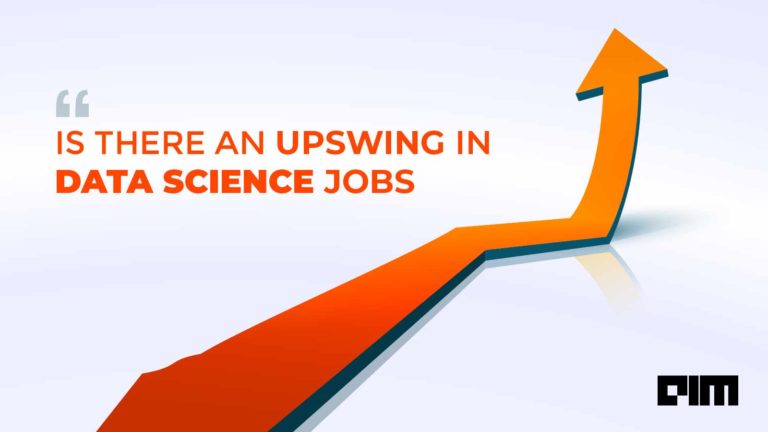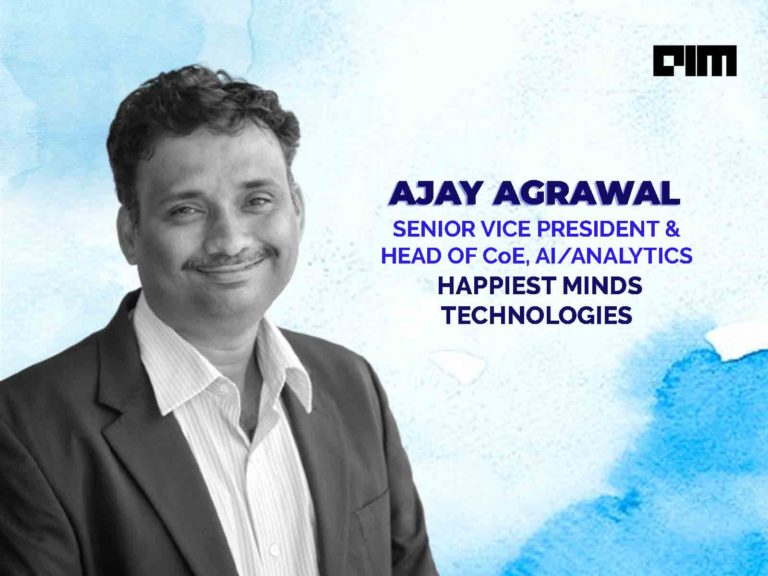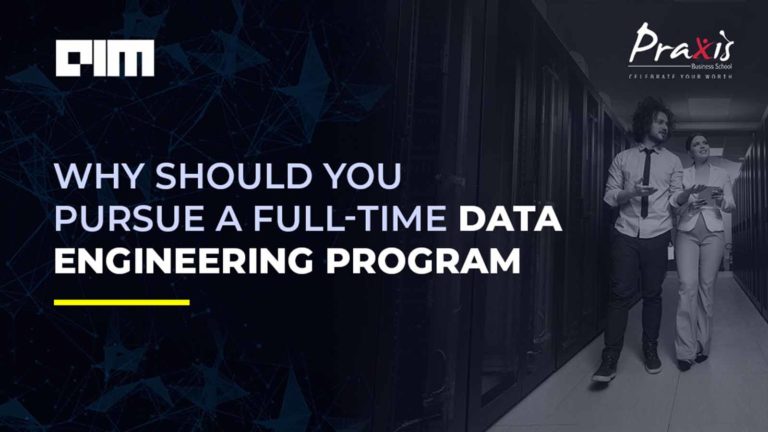The government recently launched a new education policy that aims to change the country’s face of education and make it more practical-driven. The new education policy has come after 30 years which was prepared by a panel of experts led by the former ISRO chief K Kasturirangan. Apart from renaming the HRD Ministry as the Education Ministry, there are many modifications brought in, that primarily focus on skilled-based education. To begin with, the current 10+2 structure has been modified to 5+3+3+4 structure.
The new academic session will begin in September-October. Many industry experts have welcomed the overhaul of the formal education system, which was long-awaited and comes at a time when India is gearing for Atma Nirbhar Bharat.
NEP 2020 Is Skill-based And Digital Savvy
The new education policy aims to drastically strengthen the education system to prepare the future generation to drive unique innovations while making India a knowledge superpower. Some of the highlights of the policy include the use of school complexes for adult education courses after school hours, more focus on vocational studies, high-quality modules to teach sign language and more.
The policy also proposes a dedicated unit for digital and online learning which is aimed at building the digital infrastructure and digital content. It is aimed at preparing alternative modes of quality education in times such as the current pandemic, where traditional modes of education falter. It is also looking to develop apps, online courses and modules, satellite-based TV channels and more. “It is great to see the focus on online education and having the same quality aspiration for it,” said Mohan Lakhamraju, Founder & CEO, Great Learning.
The policy strongly focuses on making the education system experiential learning including hands-on learning, integrating sports education, story-telling-based pedagogy, among others. It also offers students the flexibility to pick subjects in physical education, art and crafts, vocational skills and others. “The push towards making all institutions multidisciplinary is an excellent step since today all aspects of business and society are complex and multi-disciplinary in nature, added Lahamraju.”
Vineet Gupta, Founder & Trustee, Plaksha University and MD, Jamboree Education said that he is pleased to see the blurring lines between liberal arts and sciences as the modern workplace demands some new-age skills that go beyond the silos created by a technical only education-or a liberal arts-only approach.
“The new approach of skill-based learning from an early foundation level of academics will help learners identify skill sets much earlier thereby empowering students to be future-ready,” said Rameswar Mandali, Founder & CEO, Skill Monks.
Coding As A Way Of Life
One of the major highlights of the NEP 2020 is to teach coding to students from class 6th onwards. The government called it out as 21st-century skill and that students must be familiar with it from early on. It aims to make the future generation ready with the skills that will be most required in the jobs and make them employment-focused. Ankush Singla, Co-founder at Coding Ninjas believes that this move will have a drastic impact on bridging the gap between coding literacy and affordability.
“The fact that the government has acknowledged the importance of coding as an essential skill in a digital-first future is reassuring. The introduction of coding from Class 6 onwards is, therefore, a significant step in the right direction,” said Abhimanyu Saxena, Co-Founder, InterviewBit & Scaler Academy.
He further added that “technology-oriented” new education policy will surely benefit the youth of today and create employment opportunities.
Not just this, the new education policy will focus on key concepts, ideas, applications and developing problem-solving skills. “Integration of creative combinations of subjects, specialised learning, character development, blended learning, interdisciplinary methods, and flexible curriculums will help strengthen emotional intelligence, critical thinking and problem-solving skills of students making headway for a bright future in the 21st century,” said Ramananda SG, Vice President, Sales & Marketing, Pearson India.
Making Students Future-ready In New-Age Tech Such As AI
Many educational institutions, including CBSE, have realised the importance of introducing artificial intelligence into the curriculum. It recently partnered with IBM to integrate AI curriculum in around 200 Indian Schools. With the NEP 2020, it addresses the need to inculcate new-age technologies such as AI and analytics, which are built on the premise of logical thinking, critical thinking and problem-solving skills.
“The new policy is progressive and addresses the changing needs of the future workplace. Skills such as logical thinking, critical thinking and problem-solving skills are going to be the most important skills for success in professional life in the coming decade,” said Amit Bansal, Founder & CEO, WizKlub.
Aatash Shah, Co-founder & CEO, Edvancer said, “The focus of the New Education Policy, 2020 is quite clearly on ensuring that students in India get a holistic education with an emphasis on skilling in disruptive technologies like AI. It also opens up massive possibilities for online skilling platforms like Edvancer to partner with higher education institutes to help them create & deliver their programs.
He further added that skill-based degrees will gain currency while plain vanilla, non-outcome providing B.Sc or B.Com or BA degrees will disappear over a period of time.
Sumeet Bansal, Co-founder and CEO of AnalytixLabs believes that the New Educational Policy is going to bring a much-needed transformation in the education system. It is pathbreaking in many ways, with a great deal of focus on the application of knowledge and skills.
“The introduction of digital literacy, coding, and computational thinking from an early age, through contemporary subjects such as Artificial Intelligence, Big Data Analysis, and Machine Learning will set a strong foundation. This will also boost one’s cognitive abilities required to excel in the age of AI economy,” he said.
Echoing the same thoughts, Pankaj Setia, Professor of Information System at IIM Ahmedabad said that a thriving artificial intelligence industry requires the creation of a learned and advanced society, failing which the skill substitution through automation may threaten the growth of the economy and the nation.
“The New Education Policy 2020 (NEP) has aptly recognised this dynamic. NEP offers a far-sighted vision and plans to transform the way Indians learn and acquire skills. NEP has very aptly focused on India’s core strengths, such as multilingualism and multidisciplinary learning, to lay the foundations for an intelligent society and a globally-competitive workforce–two essential factors for the growth of responsible and prosperous AI industry,” he added.
Wrapping Up
The Indian educational system is increasingly realising the importance of skill-based learning and the need to educate the future generations with new-age techs such as artificial intelligence, machine and analytics. Apart from schools, colleges and universities are introducing courses specifically dedicated to these new technologies.
Introducing these skills while imparting academic flexibility will increase the quality of the workforce and unlock the construction of a new nation. It will not only create a competitive workforce of the 21st century but also establish India as a leader in disruptive technologies. “Something we couldn’t achieve in IT, despite such a large workforce, seems possible in the coming decades in the field of AI!,” said Sumeet on a concluding note.



















































































